Introduction
UK income tax for foreigners: Moving to a new country is an exciting adventure, but it also comes with financial responsibilities, including understanding the tax system. Suppose you are a foreigner living or working in the United Kingdom. In that case, the UK Immigration Navigator advises you to know the UK income tax regulations and how they may apply to you. This article aims to provide a comprehensive guide to help you navigate the complexities of the UK income tax system.
Understanding UK Income Tax for Foreigners
Tax Residency
One of the primary factors that determine your UK tax obligations is your tax residency status. If you are considered a tax resident in the UK, you will typically be liable to pay tax on your worldwide income. On the other hand, non-residents are only subject to tax on income earned within the UK.
Types of Income Tax
In the UK, there are different types of income tax rates that apply to individuals. The main categories include:
Personal Allowance: This represents the income threshold below which you are not liable to pay income tax. The specific amount of the personal allowance may differ each tax year.
- Basic Rate: The basic rate applies to income above the personal allowance and up to a certain threshold.
- Higher Rate: For individuals with income above the basic rate threshold, a higher rate of tax is applicable.
- Additional Rate: This rate is for individuals with very high incomes.
Tax Rates and Thresholds for UK income tax for foreigners
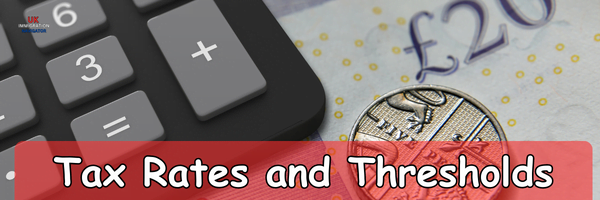
Personal Allowance
As of the tax year 2023/2024, the personal allowance for individuals under 75 years old is £12,570. This means the first £12,570 of your income is tax-free. However, if your income exceeds this threshold, you will start paying income tax at the relevant rate.
Basic Rate
The basic rate of income tax for the tax year 2023/2024 is set at 20%. This rate applies to income above the personal allowance and up to £50,270.
Higher Rate
If your income exceeds £50,270 and falls below £150,000, you will be subject to a higher rate of 40%.
Additional Rate
For individuals earning over £150,000, the additional rate of 45% applies to the portion of income above this threshold.
Tax Obligations for Foreigners Working in the UK
Employment Income
If you are a foreigner working in the UK underemployment, your employer will deduct income tax from your salary through the Pay As You Earn (PAYE) system. The amount of tax deducted will depend on your income and tax code.
Self-Employment Income
If you are self-employed in the UK, you are responsible for calculating and paying your income tax through the self-assessment system. This includes reporting your income and deducting any allowable expenses.
Rental Income
If you earn rental income from properties in the UK, you must declare this income and pay tax on the profit after deducting relevant expenses.
Tax Rebates and Deductions for UK income tax for foreigners
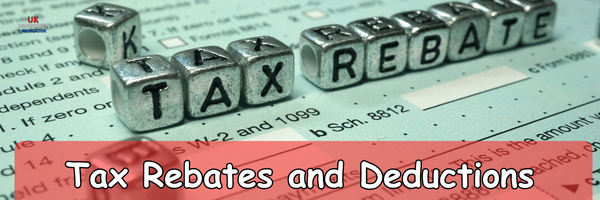
Claiming Overpaid Tax
If you believe you have overpaid taxes, you can claim a tax rebate. This often happens when your income is below the personal allowance, or if you have paid too much tax through the PAYE system.
Tax Deductible Expenses
As a taxpayer, you can claim deductions for certain expenses related to your work, such as travel, equipment, and professional fees. Keeping records of these expenses is crucial for accurate tax calculations.
Double Taxation Agreements
The UK has double taxation agreements with several countries to prevent individuals from being taxed on the same income in both the UK and their home country. These agreements ensure that you do not pay tax twice on the same income.
National Insurance Contributions
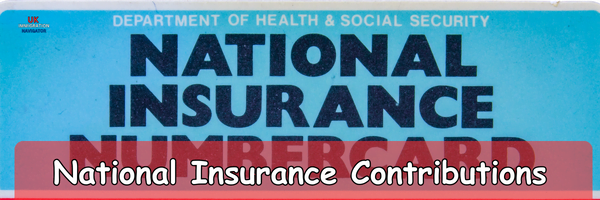
In addition to income tax, you may also be liable to pay National Insurance Contributions (NICs). The type and amount of NICs you pay depend on your employment status and income.
Class 1 NICs
Employees in the UK usually pay Class 1 NICs, which contribute to benefits like the state pension and healthcare.
Class 2 NICs
If you are self-employed, you may have to pay Class 2 NICs to qualify for certain state benefits.
Class 4 NICs
Self-employed individuals also pay Class 4 NICs based on their profits.
Tax Returns and Deadlines
Self-Assessment
Self-assessment is the process of reporting your income and tax details to HM Revenue and Customs (HMRC) each year. Most self-assessments are done online.
Registering for Self-Assessment
If you need to complete a self-assessment tax return, you must register with HMRC as a self-employed individual or sole trader.
Filing Deadlines
The deadline for filing your self-assessment tax return is usually 31st January following the end of the tax year.
Penalties for Non-Compliance
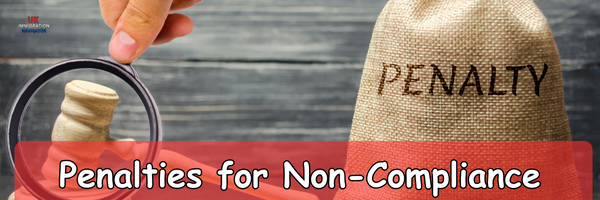
Late Filing
Failing to submit your tax return by the deadline can result in penalties and interest on the amount owed.
Late Payment
If you don’t pay your tax on time, you may incur penalties and interest on the outstanding amount.
Conclusion
Understanding the UK income tax system is essential for foreigners living and working in the country. Being aware of your tax obligations, rates, and deadlines can help you avoid unnecessary penalties and ensure compliance with the law. By familiarizing yourself with the rules, you can manage your finances more effectively and make informed decisions about your income and expenses.
FAQs
- What is the Personal Allowance for foreigners?
- The Personal Allowance for foreigners in the UK is £12,570 for the tax year 2023/2024.
- How do I register for self-assessment?
- To register for self-assessment, you can visit the HMRC website and follow the registration process.
- Am I eligible to claim tax relief for my travel expenses?
- Yes, as a taxpayer, you can claim tax relief on certain travel expenses related to your work.
- What are Class 2 National Insurance Contributions?
- Class 2 NICs are contributions made by self-employed individuals to qualify for certain state benefits.
- How do double taxation agreements work?
- Double taxation agreements ensure that individuals are not taxed on the same income twice, providing relief from potential double taxation scenarios.
In conclusion, understanding UK income tax for foreigners is crucial to ensure compliance with the country’s tax laws and regulations. As a foreigner living or working in the UK, being informed about your tax residency status, different tax rates, and obligations can help you plan your finances efficiently and avoid unnecessary penalties. Remember to keep track of your income, deductions, and deadlines to file your tax return accurately. By adhering to the tax rules, you can enjoy your time in the UK while meeting your financial responsibilities responsibly.
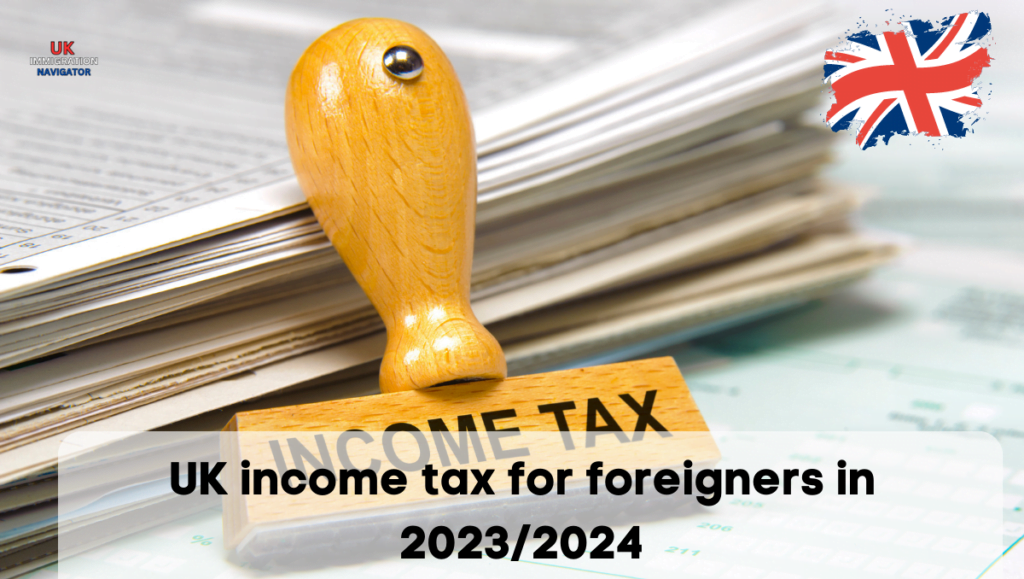


Pingback: Secretary Of State For Work And Pensions: Empowering Lives And Securing Futures » UK Immigration Navigator